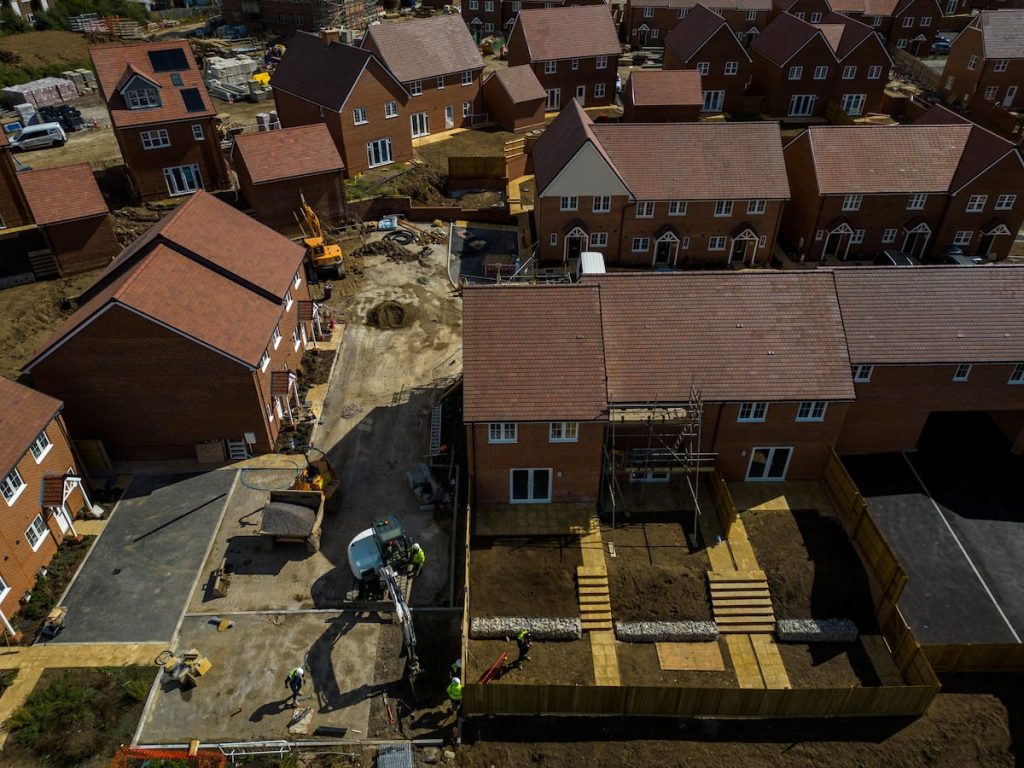Access to housing has become a critical challenge worldwide. Cities that were once affordable have become unaffordable. Proposed solutions, such as building more houses, capping rent, promoting social housing, or limiting foreign property acquisition, have not solved this global issue. Between 2015 and 2024, prices have increased by 54% in the United States, 32% in China, and nearly 15% in the European Union (26% in Spain), according to the OECD. The rise in prices is even higher in major capitals; some have seen housing prices double during this period. Nearly 9% of the population in the world’s most industrialized countries spend more than 40% of their income on mortgage or rent. This issue has become a key topic in the presidential campaign between Kamala Harris and Donald Trump, and a priority for British Prime Minister Keir Starmer, reflecting a crisis that impacts much of the developed world.
The housing crisis can be traced back to the late 20th century when many Western governments reduced the construction of affordable public housing. The policies of austerity implemented by leaders like Ronald Reagan and Margaret Thatcher led to the deterioration and demolition of social housing projects, resulting in a shortage of housing. The economic growth concentrated in major cities, coupled with the lack of coherent territorial planning, exacerbates the situation. Housing is no longer seen as a basic right but as a financial investment, leading to speculation and the neglect of low-cost housing needed by many.
In Spain, there is a significant mismatch between supply and demand, with an estimated need for 600,000 more homes to balance the market. The availability of buildable land is limited due to administrative hurdles and slow land concessions, contributing to the crisis. Measures have been put in place, such as the Housing Law and funding initiatives to increase affordable rental housing. In Portugal, recent policies have focused on curbing the housing crisis by restricting vacation home licenses and increasing taxes on owners, while also incentivizing the construction of new homes.
Italy faces a housing emergency, particularly in cities where tourism has driven up prices and limited housing options for residents. In France, the focus is on big cities like Paris, where measures have been taken to limit rent increases and promote social housing. Germany struggles with high rental prices and a shortage of housing, with the government emphasizing the importance of new construction. In the UK, plans to build new homes and revitalize urban areas are key components of addressing the housing crisis.
In the United States, high-interest rates and rising prices have made housing unattainable for many, delaying homeownership for a whole generation. Presidential candidates like Kamala Harris and Donald Trump have proposed measures to address the crisis, such as expanding affordable rental housing or incentivizing homebuyers. In China, the bursting of the real estate bubble has led to plummeting prices and a slowdown in construction, impacting the economy and households that heavily rely on property as an asset. Governments around the world are grappling with the complex issue of housing affordability through regulatory, financial, and urban planning measures.


